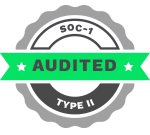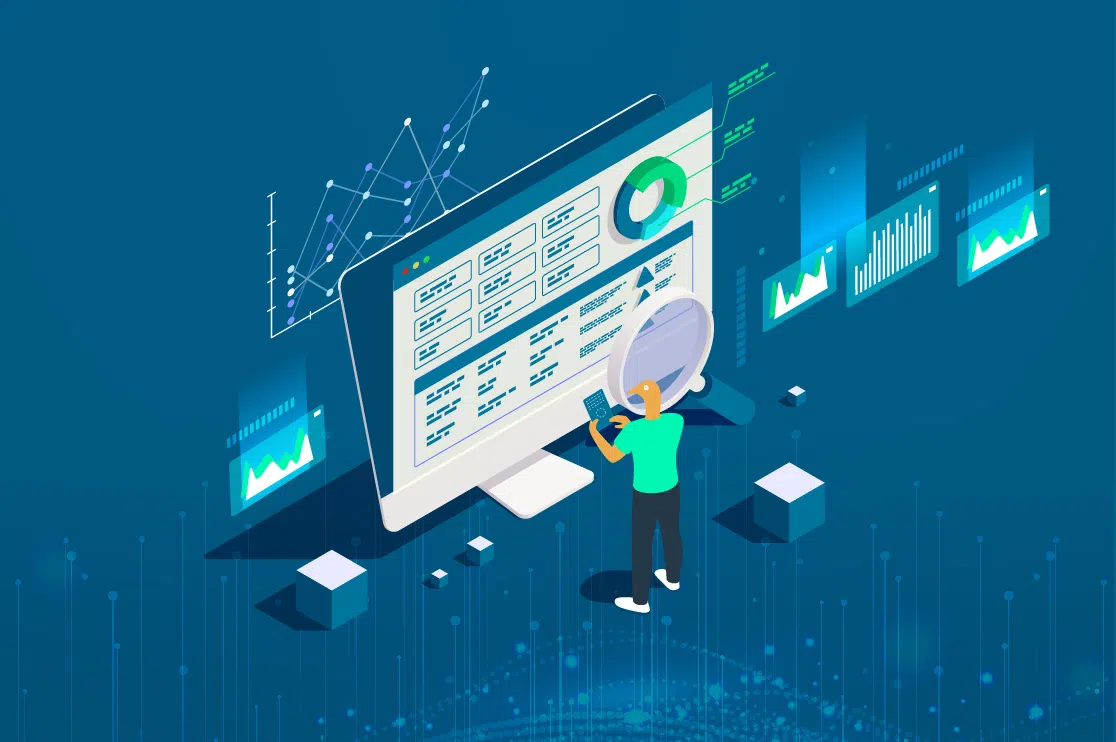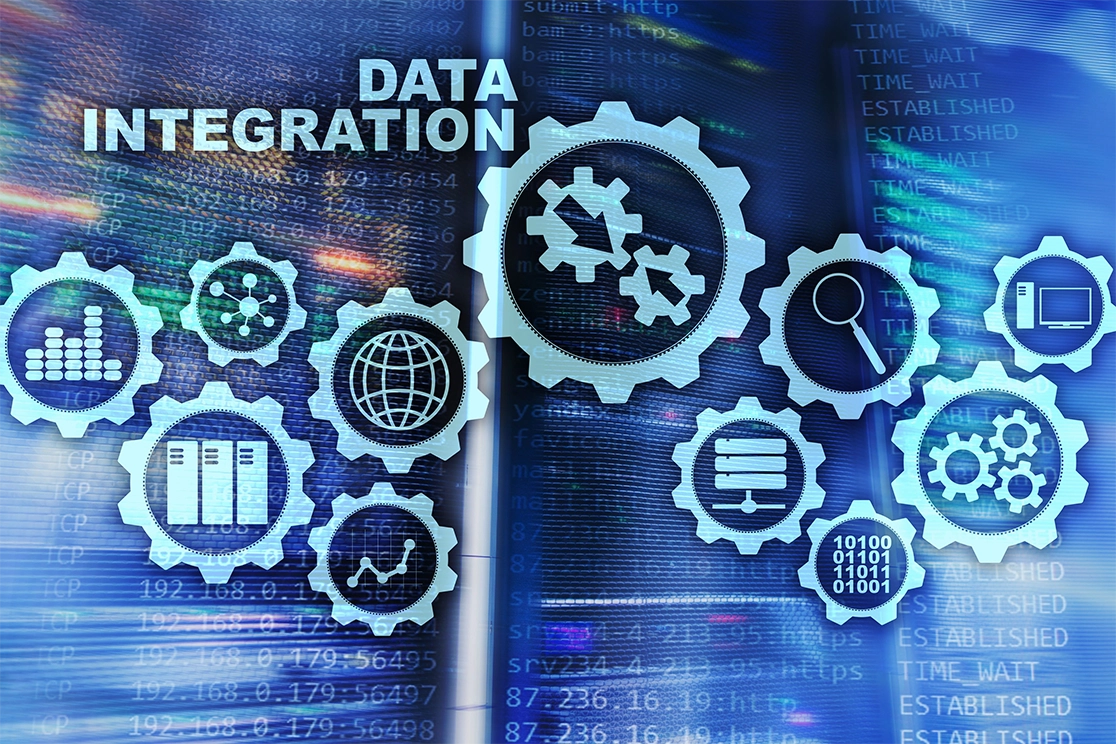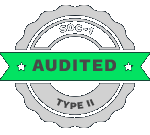If you were to answer, what’s the difference between business intelligence and business analytics? What would you say? If you are a little muddled with both concepts, let us tell you there is no consensus, even among experts, about this. There is no clear distinction between business intelligence and business analytics, but both are closely interrelated.
While both are used by organizations to examine data to make informed business decisions, they also help analyze past trends to predict future outcomes. In this blog, we try to understand the various facets of enterprise business intelligence and analytics and how they compare.
Table of Contents:
- What is business intelligence?
- What is business analytics?
- How are they both different?
- How can business intelligence and analytics help make data more useful and actionable for your business?
- How do business intelligence and analytics complement each other?
- Why choose BluEnt for business intelligence and financial data analytics?
What is Business Intelligence?
Business intelligence is a method by which organizations collect, study, and interpret data to create meaningful insights that help them make informed business decisions.
It is a technology-driven process that helps managers and executives make smarter decisions.
In a Business Intelligence software, information is gathered from numerous sources, both internal and external, and converted into data visualizations that are easy to comprehend. For example,
Dashboards, reports, and scorecards are often used to explain the KPIs (key performance indicators) of the business.
The primary objective of business intelligence is to improve operational efficiency and maintain a competitive edge over its rivals.
Business intelligence tools do this by working with a combination of data management and analytics and reporting techniques, which help manage and analyze business data. It is, however, not to be confused with Business Analytics.
What is Business Analytics?
Business Analytics is a more advanced variant of BI (Business intelligence) that looks at data analysis in a more sophisticated way.
The statistical and quantitative analytical methods it employs look for insights that might have been overlooked by traditional BI techniques.
Data mining, predictive analytics, and machine learning algorithms are used in business analytics to uncover new insights and opportunities. Business Analytics applications is also known to evaluate past & predict future business trends.
How Are They Both Different?
The first difference between BI and BA is the purpose they serve.
Although they are both used for data analyses, BI gives you a picture of the past and present, and business analytics gives you insight into what is going to happen in the future. Another difference is in the way both approaches are applied.
Data is used differently depending on whether you are conducting BI or BA. While BI arranges the information in easy-to-understand reports, BA utilizes a more advanced approach to this.
Recommended Reading:
How Can Business Intelligence and Analytics Help Make Data More Useful and Actionable for Your Business?
-
Data-Driven Decisions: BI tools gather data from various sources, allowing businesses to make decisions based on facts rather than intuition or guesswork.
-
Trend Identification: Analytics can uncover patterns and trends within the data, helping businesses understand market trends, customer behaviors, and operational efficiencies.
-
Predictive Analysis: BI tools can make use of historical data to predict future trends and potential risks, thereby enabling proactive decision-making.
-
Improved Efficiency: By analyzing operational data, businesses can identify areas for improvement, such as streamlining processes, reducing costs, and optimizing resource allocation.
-
Competitive Advantage: Businesses can also gain a competitive edge by quickly responding to market changes, customer preferences, and emerging opportunities that BI and BA can identify.
-
Customer Insights: BI tools can analyze customer data to understand preferences, buying behavior, and satisfaction levels, allowing businesses to tailor products and services to meet customer needs.
-
Risk Management: Analytics can help identify potential risks and outliers, enabling businesses to mitigate risks and make informed decisions to avoid potential losses.
How Do Business Intelligence and Analytics Complement Each Other?
Here’s how they complement each other:
-
Data Collection: BI gathers and organizes data from various sources, providing a foundation for analytics to delve deeper into it.
-
Descriptive Analytics: BI provides the groundwork for descriptive analytics by offering historical data visualization analytics and reporting, which helps in understanding past performance and trends.
-
Predictive Analytics: Business analytics builds upon BI by using the historical data provided by BI to create predictive models. These models forecast future trends, behaviors, and outcomes, helping businesses anticipate changes and make proactive decisions.
-
Prescriptive Analytics: This is where analytics really shines. It takes the predictions made by predictive analytics and suggests actions to optimize outcomes.
-
Feedback Loop: BI and analytics work in a feedback loop. Insights from analytics may lead to adjustments in BI strategies or data collection methods, improving the quality and relevance of BI data over time.
BI provides the data foundation and descriptive insights, while business analytics services build upon that foundation to offer predictive and prescriptive insights, ultimately enabling businesses to make smarter decisions and take more effective actions.
Why Choose BluEnt for Business Intelligence and Data Analytics?
Empowering businesses with actionable insights, BluEnt specializes in comprehensive business intelligence, financial data analytics solutions, fintech solutions.
We tailor our services to suit each client’s unique needs, offering deep dives into their data to uncover valuable trends and patterns.
From providing a clear picture of historical performance to predictive analytics forecasting future trends, we guide our clients toward informed decision-making.
Our expertise enables us to optimize operational efficiency, identify growth opportunities, and mitigate risks. With user-friendly dashboards and reports, our clarity and finesse ensure our clients stay ahead of the curve in today’s rapidly evolving business landscape.
Need to get a project done? Connect with us now!













 Snowflake Cortex Agents: Scalable AI for Enterprise Data Insights
Snowflake Cortex Agents: Scalable AI for Enterprise Data Insights  Informatica ETL vs Informatica MDM: Which One Does Your Business Need?
Informatica ETL vs Informatica MDM: Which One Does Your Business Need?  How Financial and Accounting Services by BluEnt Drive Business Growth in the Digital Era?
How Financial and Accounting Services by BluEnt Drive Business Growth in the Digital Era?  Secure Gift Cards: Top Tips and Strategies’ to Safeguard Personal Information
Secure Gift Cards: Top Tips and Strategies’ to Safeguard Personal Information 
